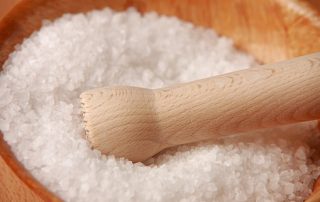Magnesium
A Mineral that regulates muscle and nerve function, blood sugar levels and blood pressure. Also required by the brain to deal with stress, anxiety and depression. Maintains bone health and development. It also benefits cardiovascular health, ADHD, diabetes, fibromyalgia (with malic acid), migraines, muscle cramps, menopause, constipation and replenishes depletions cause by the PILL & HRT. It's required for Vit. D absorption and essential for older adults. More than 1/3 of Canadians don't get enough As a supplement, Chelates are better than salts and include: Aspartate, Glycinate & Taurate Salts include Chloride, Citrate & Sulphate Tablets and capsules allow for more accurate dosing & greater portability take with food, apart from other minerals, in any form preferred Dietary Sources: Aragula, Asparagus, Dandelion Greens & Fiddleheads [...]









